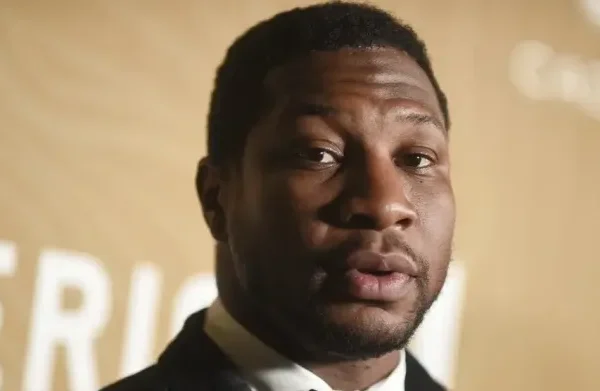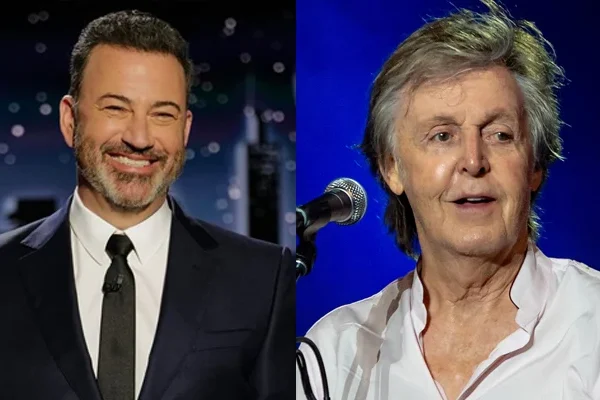Candace Owens Banned from Australia Ahead of Tour
U.S. media personality and conservative commentator Candace Owens has been denied a visa to enter Australia, effectively canceling her planned national speaking tour. The decision, which has sparked discussions on freedom of speech and national security, was influenced by concerns over Owens’ history of controversial statements and the potential for her visit to incite public discord. The cancellation marks a significant moment for both Owens and the debate over what constitutes a public risk when it comes to international speakers.
Visa Denial Halts National Tour Plans
Candace Owens was preparing for a multi-city speaking tour in Australia when authorities decided to deny her entry. The visa rejection has halted what was expected to be a highly publicized series of events aimed at discussing issues ranging from political ideologies to cultural commentary. Owens’ tour had been eagerly anticipated by her supporters, who view her as an unfiltered voice on conservative issues. The abrupt end to these plans has left many supporters disappointed and critics satisfied.
Controversial Statements Raise Concerns
The decision to block Owens’ entry was influenced by her history of making controversial and divisive remarks. Known for her outspoken views on a range of political and social issues, Owens has often drawn criticism for statements that some perceive as inflammatory. Australian authorities cited concerns that her presence could potentially incite discord or lead to public disturbances, a factor taken seriously when considering visa approvals for foreign speakers. This decision has reignited discussions on the fine line between free speech and public safety.
Responses from Owens and Her Supporters
Candace Owens has responded to the visa denial with characteristic defiance, describing the move as an attempt to silence her. She has taken to social media to voice her frustration, framing the decision as an attack on her right to share her views freely. Her supporters have echoed these sentiments, claiming that the denial represents a broader trend of stifling conservative voices. On the other hand, critics argue that the decision is justified given the potential consequences of allowing such a polarizing figure to hold public events.
Public and Political Reactions in Australia
The decision to ban Owens has sparked mixed reactions within Australia. Supporters of the move argue that the government is acting in the best interest of public safety and maintaining social harmony. They see Owens’ rhetoric as potentially divisive, particularly given Australia’s ongoing efforts to foster inclusive dialogue. Conversely, some political commentators and free speech advocates have criticized the ban as an overreach that undermines the principles of open debate and freedom of expression.
Implications for Future International Speakers
The case of Candace Owens being denied entry to Australia raises questions about how countries manage the balance between allowing free expression and protecting public order. It sets a precedent that may impact future visa considerations for international speakers who have similarly contentious profiles. The decision has drawn attention to the criteria that governments use to assess potential risks associated with public figures who wish to visit and speak within their borders.
Candace Owens’ denied visa and the cancellation of her Australian tour underline the complexities that come with managing high-profile figures whose words have the power to provoke strong reactions. The incident serves as a reminder that while freedom of speech is a valued principle, governments often face difficult decisions when balancing it against national interests and social stability.



